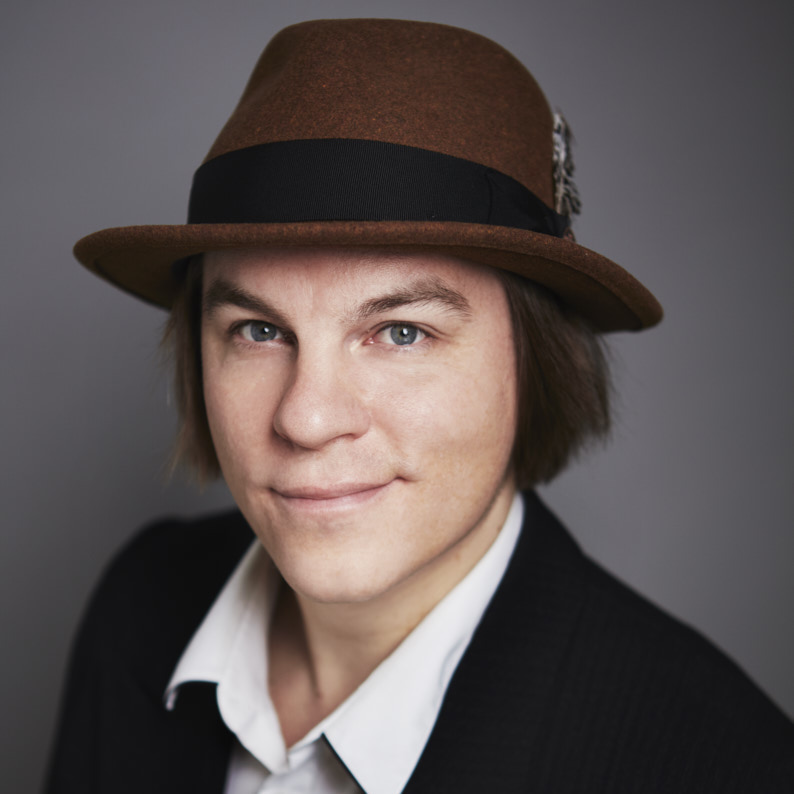Finnish happiness expert seeks to shift governmentsã focus from GDP to well-being

If we can overcome the vagueness of well-being, making it into a more precise and measurable construct, we improve our chances of overturning dominant and potentially harmful economic metrics for progress, says Associate Professor Frank Martela from Aalto University in Finland. His new theory of well-being was recently published in the prestigious Personality and Social Psychology Review.
ãUsually when you talk about happiness and well-being, you mean the same thing. But in a scientific context, theyãre both quite vague. Scientists actually use more precise constructs such as life satisfaction (this is the metric where Finland tops the world) and positive feelings,ã says Assistant Professor Frank Martela from Finlandãs Aalto University.
ãThe economy is ultimately just a tool for transitioning natural resources and human labour into well-being. To avoid the tail wagging the dog, the focus should be on well-being indicators rather than just economic ones,ã Martela says.
ãHaving, loving and doingã
The global political fixation with GDP and economic growth not only confuses means with ends, says the Finnish researcher, but it can also be dangerously counterproductive. Economic growth is increasingly recognized as an obstacle to humanityãs most pressing challenge: ensuring a habitable planet into the future.
To arrive at a better definition of well-being, we must start with understanding human nature and the basic needs that arise from it. Martelaãs latest paper identifies the human condition as one of ãhaving, loving and doingã in that we all have basic physical needs (having), social needs (loving) and needs related to agency (doing).
ãWe need food, water, and shelter but we also need to be accepted, have caring mutual relationships and a sense of autonomy and mastery in our activities,ã he says. ãThe crucial question for our time is how to satisfy these needs for as many people as possible globally, while doing this in an ecologically sustainable way, without transcending planetary limitations.ã
Frank MartelaWe also need to be accepted, have caring mutual relationships and a sense of autonomy and mastery in our activities
Governments should target cuts at areas that offer the least well-being
Sustainability is all too often presented as separate elements: ecological, economic and social sustainability. This is a mistake, says Martela, as the three components are clearly interdependent. While ecology sets the limits for all our actions, our economic and social systems have only instrumental value: They are ways of transforming environmental resources and human labour into well-being, which should be understood as the true target of government.
ãIf planetary limits are exceeded, current prosperity is produced in a way that threatens future generations. A sustainable economic system is one that enables future generations to prosper,ã he says. He acknowledges the importance of also following economic indicators. However, even in situations where governments need to make budget cuts, well-being indicators can help.
ãWith well-being measurements one can identify the services producing most and least well-being for money, targeting the cuts at the latter. This enables governments to make cuts that harm peopleãs well-being the least,ã he says.
ãLuckily there have been some positive developments in the last fifteen years and more governments are interested in how they should be measuring well-being, and how they can implement that in the policy context,ã says Martela. ãIf we standardise a more comprehensive measurement of well-being, we make it a more serious alternative for measuring progress.ã
The article, published in Personality and Social Psychology Review, is based on the well-being theory of Erik Allardt, one of Finland's leading sociologists. Martela's model of ãbeing as having, loving, and doingã combines Allardt's well-being theory with the latest psychological well-being research and self-determination theory.
Contact information:

Read more news

NASA Reveals New Details About Dark Matterãs Influence on the Universe
With the Webb telescopeãs unprecedented sensitivity, scientists are learning more about dark matterãs influence on stars, galaxies, and even planets like Earth.
Aalto University to host the INNOVA Europe Summit 2026 in Espoo
Aalto University to host the INNOVA Europe Summit 2026 in Espoo, bringing together Europeãs next generation of student entrepreneurs.
Finnish AI Region Secures Second Term with Top Marks from EU
Finnish AI Region (FAIR) EDIH has been selected to continue operations for a second term with excellent ratings. European Union continuation funding enables service expansion from the beginning of 2026. Aalto University is one of 10 partners in FAIR.






